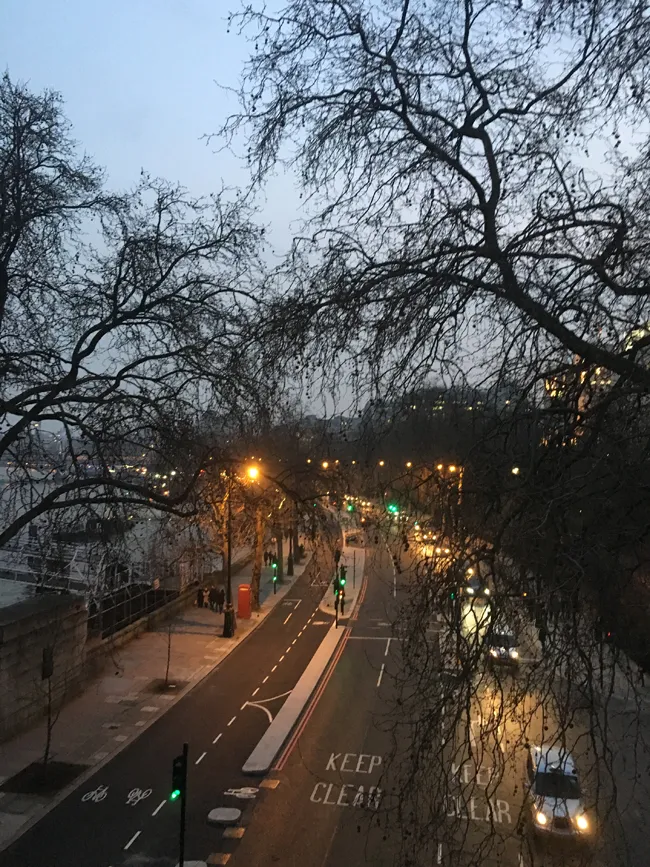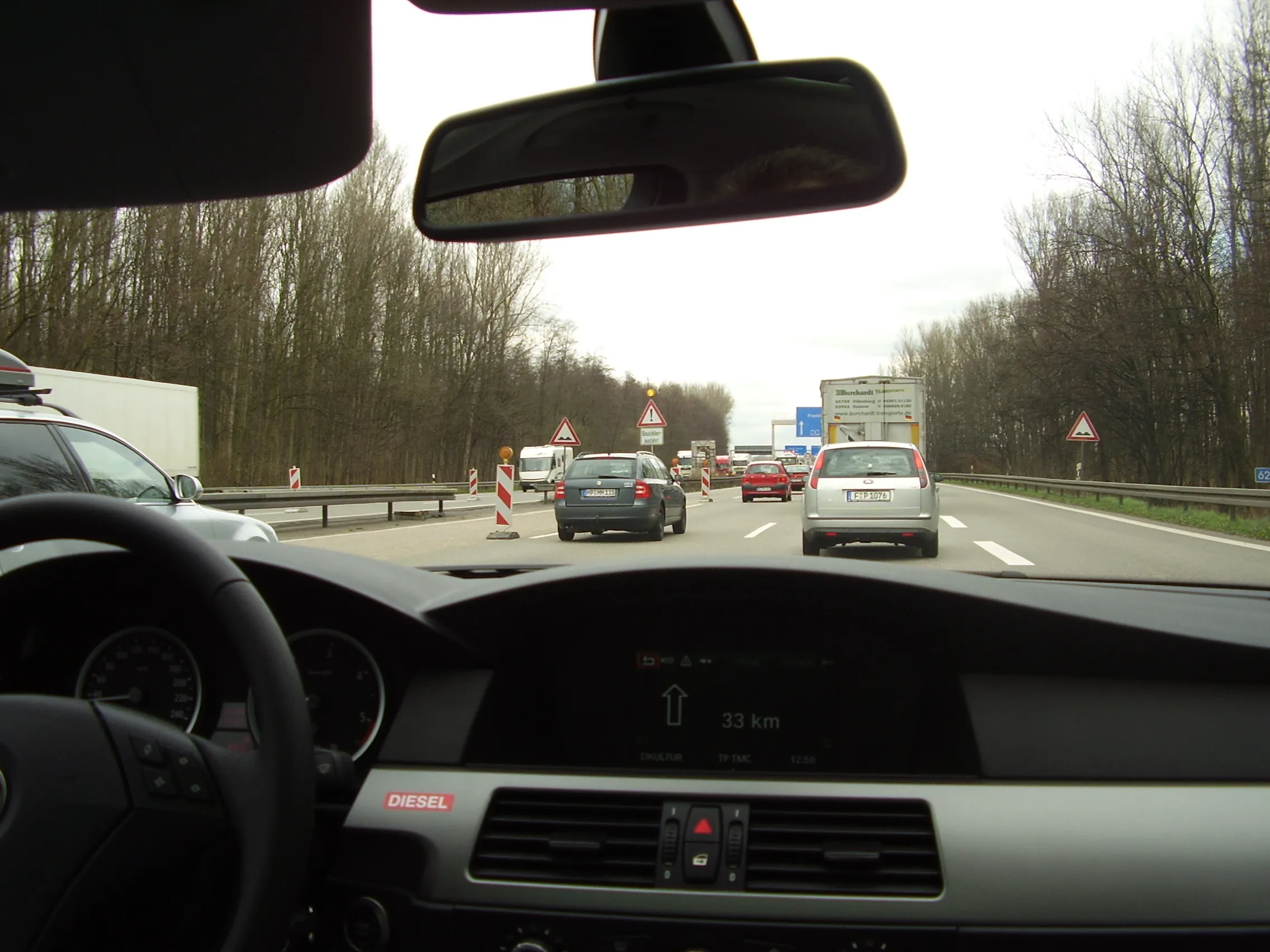
London’s ultra-low emission zone (ULEZ) system is already proving successful. In the first month since the scheme was introduced, the number of non-compliant vehicles entering the charging zone has been reduced by 9,400/day, a drop of 26%. According to the latest research, 74% of vehicles entering the ULEZ have been in compliance with the emission requirements.
The ULEZ has been established in a bid to reduce pollution in the centre of the city. Health and safety data shows that air pollution is a series issue in central London, affecting health and triggering chronic asthma, with the latter a major factor in ill health for children. It is being applied at present within the central London congestion charging zone. However from October 2021, the ULEZ will be applied to a much wider zone in London, encompassing the entire area within the north circular inner ring road and the south circular inner ring road sections.
According to research, polluting vehicles account for around half of London’s harmful NOx air emissions, and air pollution costs the capital up to £3.7 billion/year. Launched on 8th April 2019 and operating alongside the congestion charge, the world’s first ULEZ is helping address London’s toxic air health crisis.
It operates 24 hours/day, seven days/week, 365 days a year in the central London congestion charging zone. Motorists who drive in the zone in a vehicle that does not meet the new emission standard (petrol vehicles that do not meet Euro 4 standards and diesel vehicles that do not meet Euro 6) have to pay a daily charge.
Compliance has been improving since February 2017, when the Mayor confirmed the introduction of the Toxicity Charge (T-Charge) as a stepping stone towards the ULEZ. The report compares the number of vehicles detected in the ULEZ and compliance rates for February 2017, March 2019 (the month before launch) and April 2019, and found that over the period as a whole:
There were around 36,100 fewer older, more polluting, non-compliant vehicles seen in the zone on an average day (excluding non-typical days), a reduction of around 58%, from February 2017 to April 2019.
There was an 80% increase in the proportion of vehicles in the central zone that were compliant from February 2017 to April 2019 (excluding non-typical days).
This has already started translating into real-world improvements in air quality, including a reduction of approximately 20% in NO2 concentrations measured at roadside monitoring sites in the zone since February 2017.
It is not yet possible to determine the full impact of the ULEZ on air quality concentrations and emissions, because of the short time since its launch and other factors that may have affected traffic and concentrations.
On an average day (24 hour period) in the scheme’s first month of operation around 32,100 non-compliant vehicles were detected in the zone. Of these:
Around 17,400 (54%) paid the charge 4,300 ULEZ web or call centre payments, 8,200 Auto Pay payments and 4,900 ULEZ Fleet charge payments).
Around 3,000 (9%) were in contravention of the scheme and issued with a warning notice on the first offence.
Around 11,700 (37%) were not required to pay the daily ULEZ charge as they are eligible for a 100 per cent discount or exemption.
John Maingay, Director of Policy and Influencing at the British Heart Foundation, said: “Our research shows that air pollution - especially particulate matter found in diesel exhausts – can damage the heart and circulatory system. This can lead to devastating effects, such as heart attack and stroke. Recent studies have also shown links to diabetes, which is a risk factor for heart and circulatory diseases.
“While this news is encouraging, it is now important that the progress in reducing the number of heavily-polluting vehicles on the road doesn’t stall. Instead, we need to accelerate progress by adopting the World Health Organisation’s stringent guideline limits for air pollutants into UK law, prompting comprehensive, joined up action at local and national level. This will be key in driving down all harmful emissions across the UK, and protecting people’s health.”
Dr Penny Woods, British Lung Foundation Chief Executive, said: “Air pollution can make life more difficult for people with lung conditions. It can cause their symptoms to flare up, often so badly they need to be admitted to hospital. Parents should also know polluted air is especially dangerous for children’s lungs – as well as stunting lung growth it can set them up for host of health problems in their future.
“What’s needed now is the ULEZ’s expansion and for the rest of the UK to introduce similar measures.”









